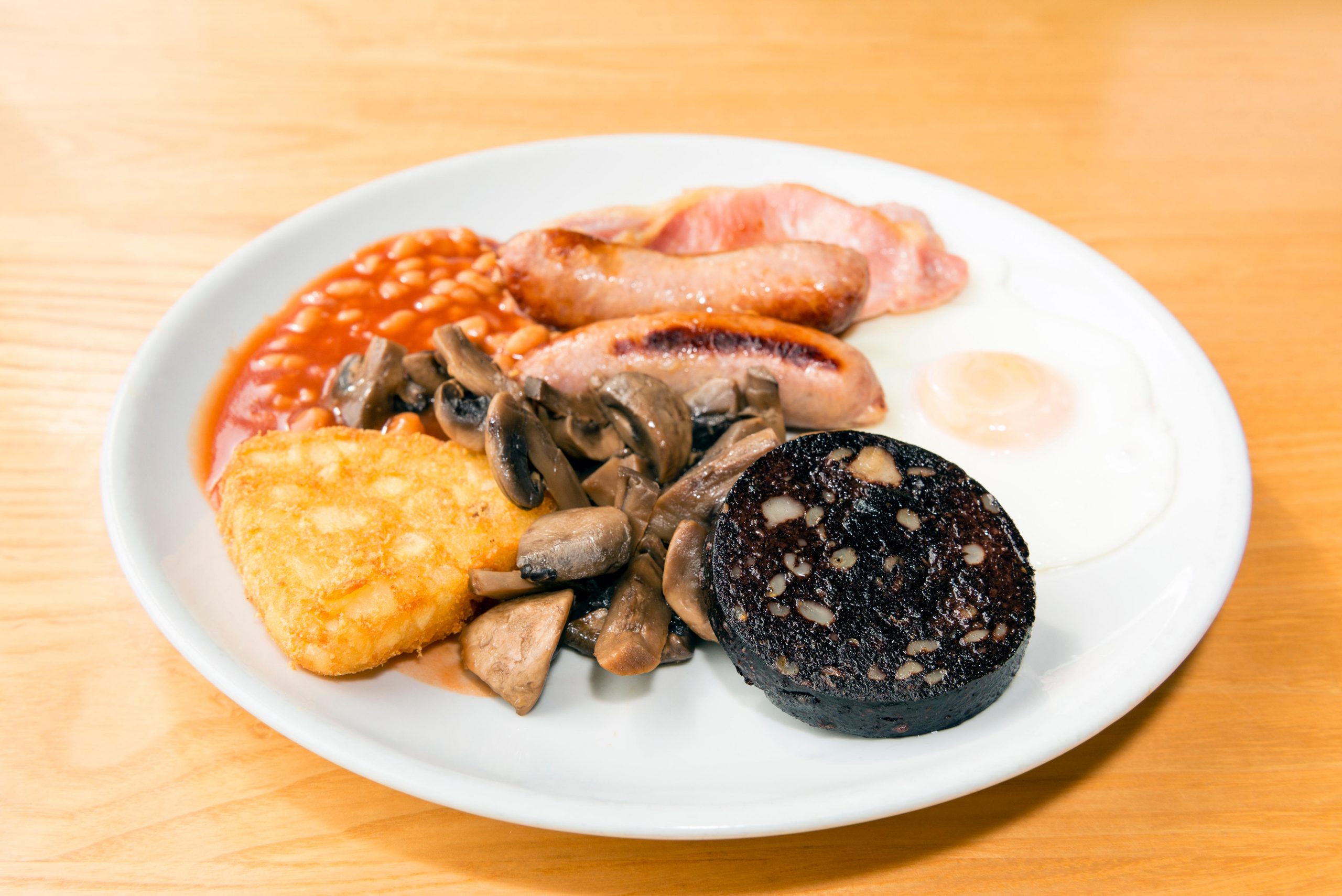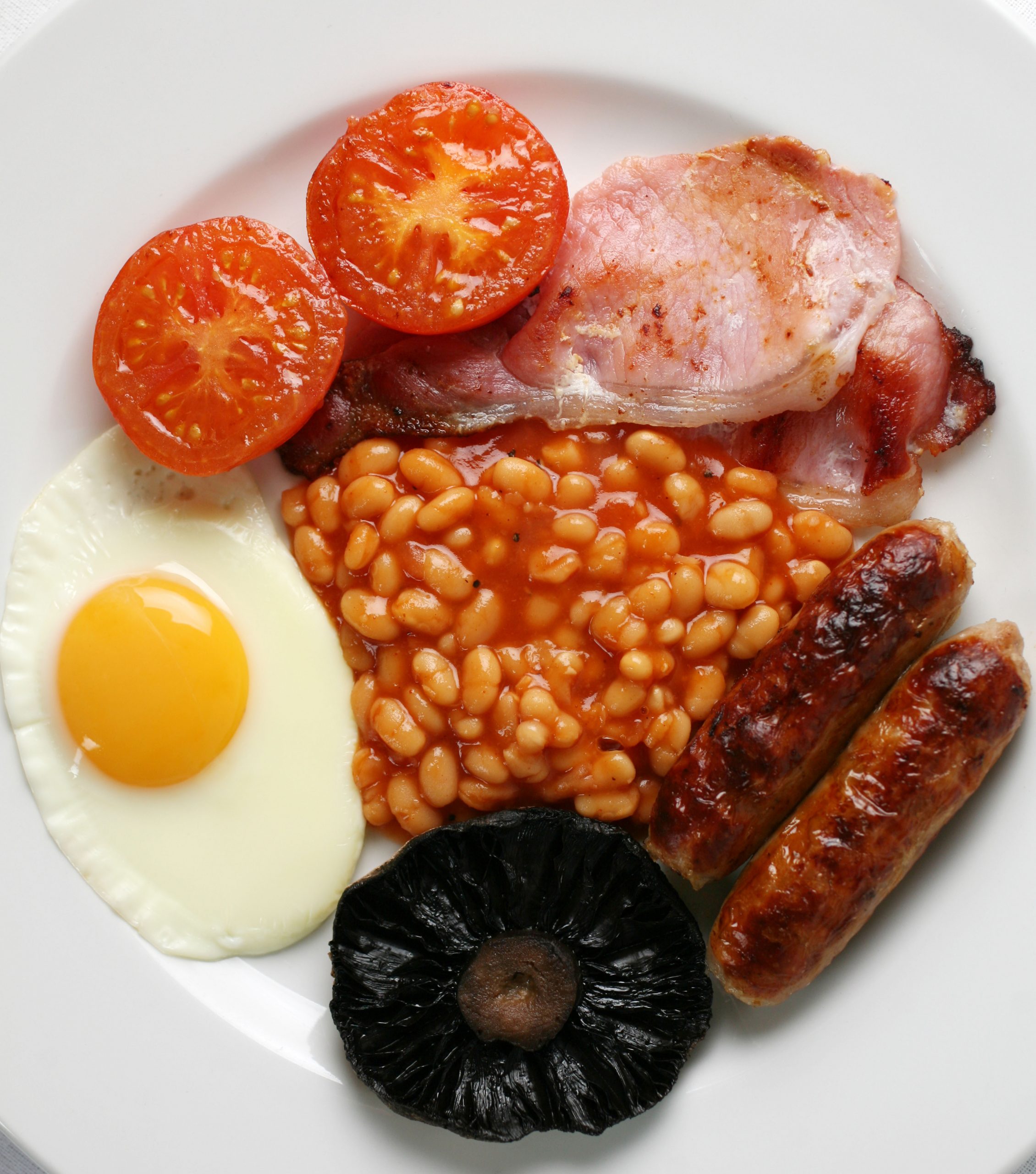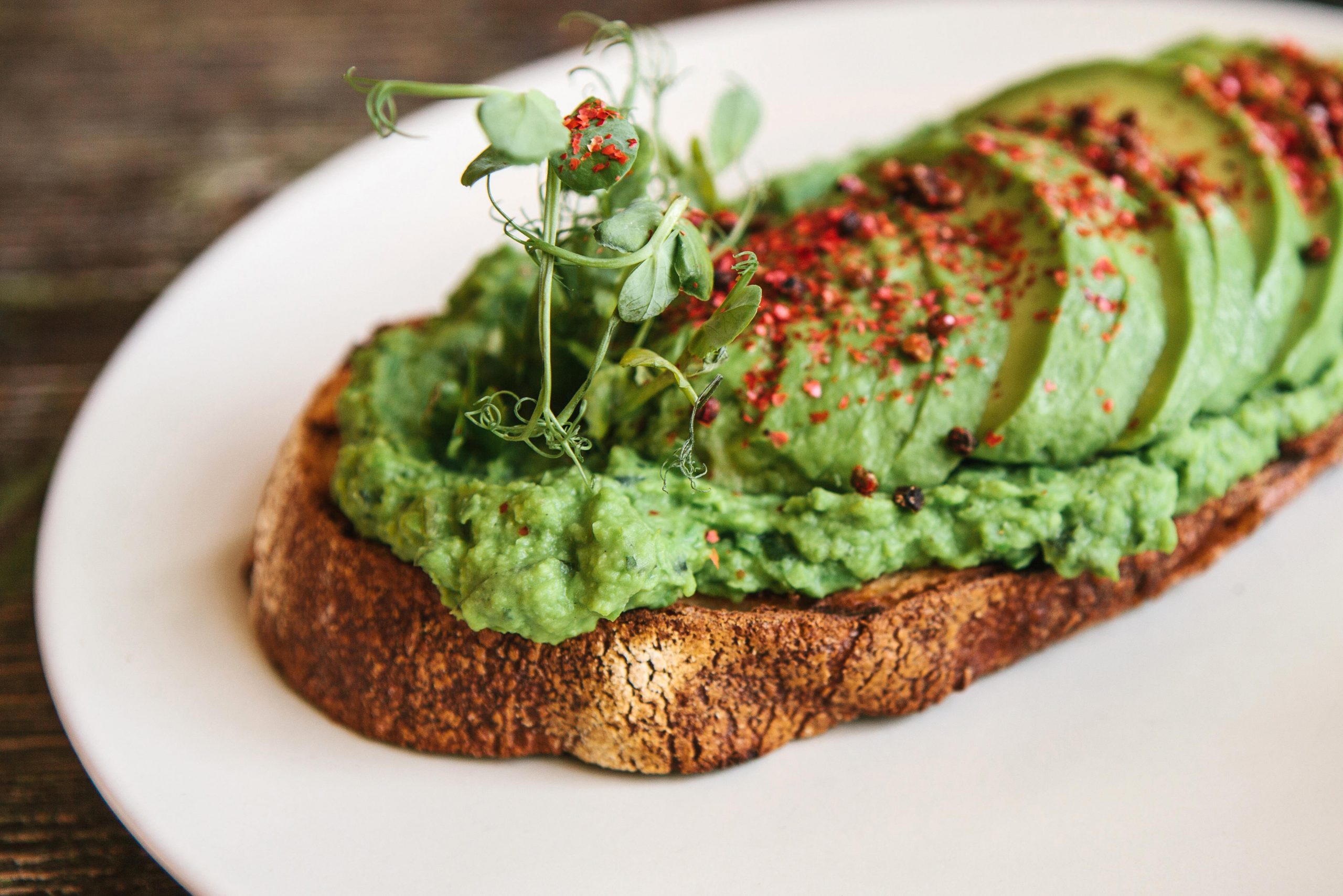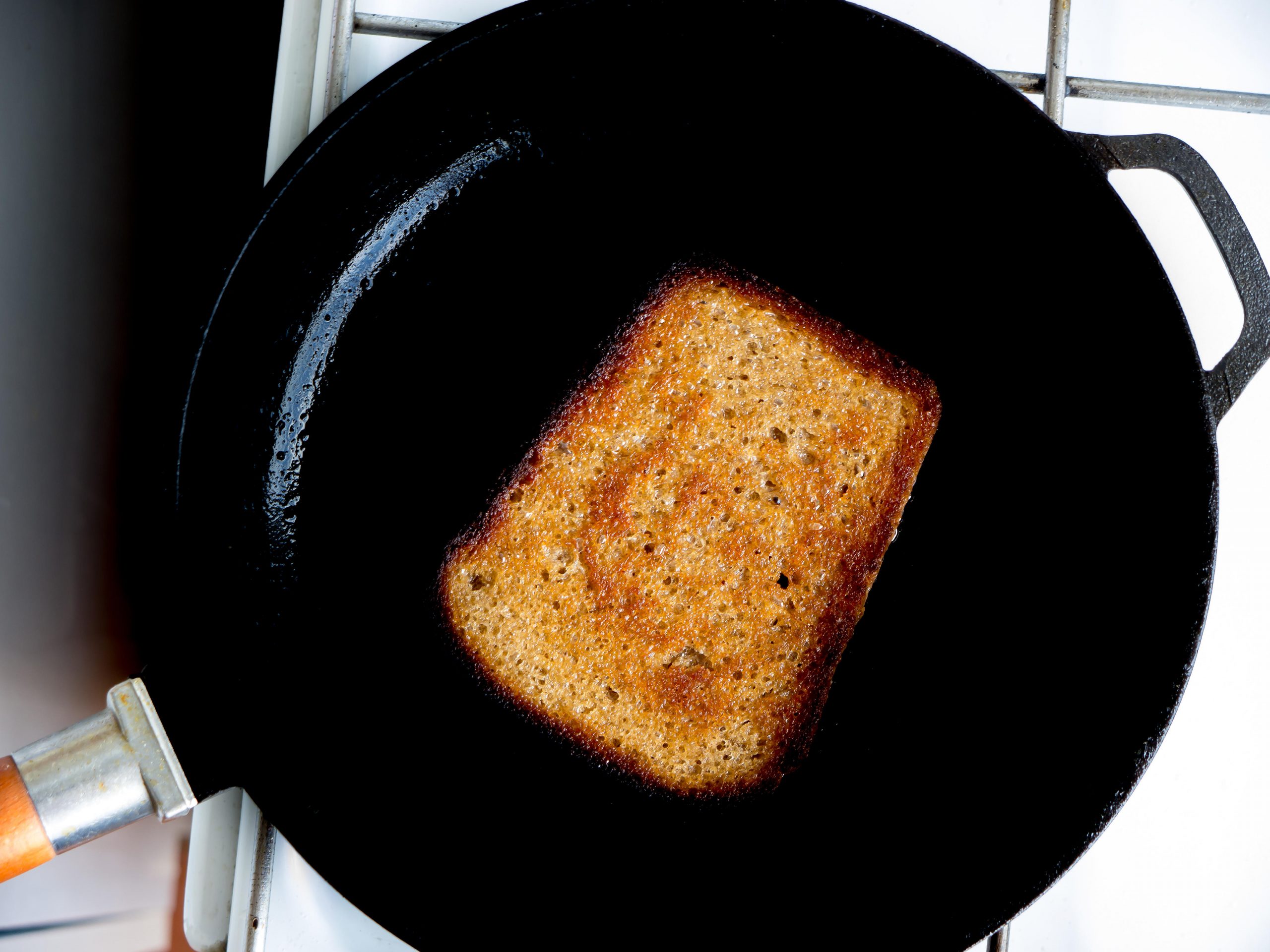An expert has issued a warning over the one item you should avoid when eating a full English breakfast.
Whether you fancy going out for breakfast or are hungover from a night of drinking, you can never go wrong with a full English.
It’s an easy dish to whip up and as long as you have the right ingredients, it’ll set you up for the day.
A recent survey found that 83 per cent of English people enjoy it as a meal, however, even its most hardcore lovers have to acknowledge it isn’t the healthiest option.
And now, one expert has revealed there’s one particular item in the dish you should absolutely avoid.
Related Article: People Are Disturbed After Realising How Black Pudding Is Made
Related Article: Experts Share Six Common Foods You Should Never Cook In The Air Fryer
The full English originated in the 14th century – making it ‘one of the longest standing traditional dishes in English history’, according to the Culture Trip.
During this period, it was considered a luxury breakfast for the wealthy, who wanted to continue Anglo-Saxon traditions of having ‘large, lavish meals for important people’.
They also viewed breakfast as the most important meal of the day – a thought that is still popular today.

During the Industrial Revolution, the dish spread out across social classes – with workers viewing the full English as the ideal breakfast to set them up for a tough day at work.
By the time Queen Victoria was on the throne, the meal was more popular than ever and the wealthy used the breakfast table as an opportunity to show off their riches.
This is where different ingredients would be introduced and experimented with – such as eggs, bacon, cold meats, such as tongue, as well as kippers and other fish.

While there is no set list of what is included in a full English breakfast, it is largely accepted that it must involve bacon, eggs, sausages and beans – along with additional add-ons such as black pudding, tomatoes, mushrooms, hash browns and toast.
In a YouGov survey, people were asked to identify the most important aspects of the meal – with 89 per cent agreeing bacon is the most crucial ingredient.
This was followed by sausages (82 per cent), toast (73 per cent), beans (71 per cent), fried egg (65 per cent) and hash brown (60 per cent).
The least popular options were black pudding (35 per cent) and fried tomato (23 per cent).

In recent years, there have been healthier variations of the traditional full English, which might include avocado, salmon and scrambled eggs instead of fried eggs.
If you don’t want to mess with the original recipe too much but are still looking for a way to make it healthier, a nutritionist has revealed which staple of the meal you need to remove.
Daniel Herman, nutritionist and founder of Bio-Synergy, tells the Daily Express that people should avoid fried bread with their full English.
If you are unfamiliar with fried bread, this is when you fry sliced bread in butter until it becomes crispy and golden brown.

Herman shared that there are several health risks associated with the food, including it being high in calories and saturated fat, low in essential nutrients and increasing your risk for deadly cardiovascular disease.
The nutritionist explains in further detail: “[It] is typically soaked in butter, which significantly increases its calorie content, contributing to the risk of weight gain and obesity.
“Frying bread in butter adds a significant amount of saturated fat to the dish, which can result in an increased risk of heart disease and high cholesterol levels.
“Fried bread provides very few essential nutrients compared to whole grain bread or other healthier alternatives. It lacks fibre, vitamins, and minerals that are important for overall health.”
As an alternative, Herman suggests using toasted whole-grain bread and spreading it with smashed avocados.
Do you have a story for us? If so, email us at [email protected]. All contact will be treated in confidence.






